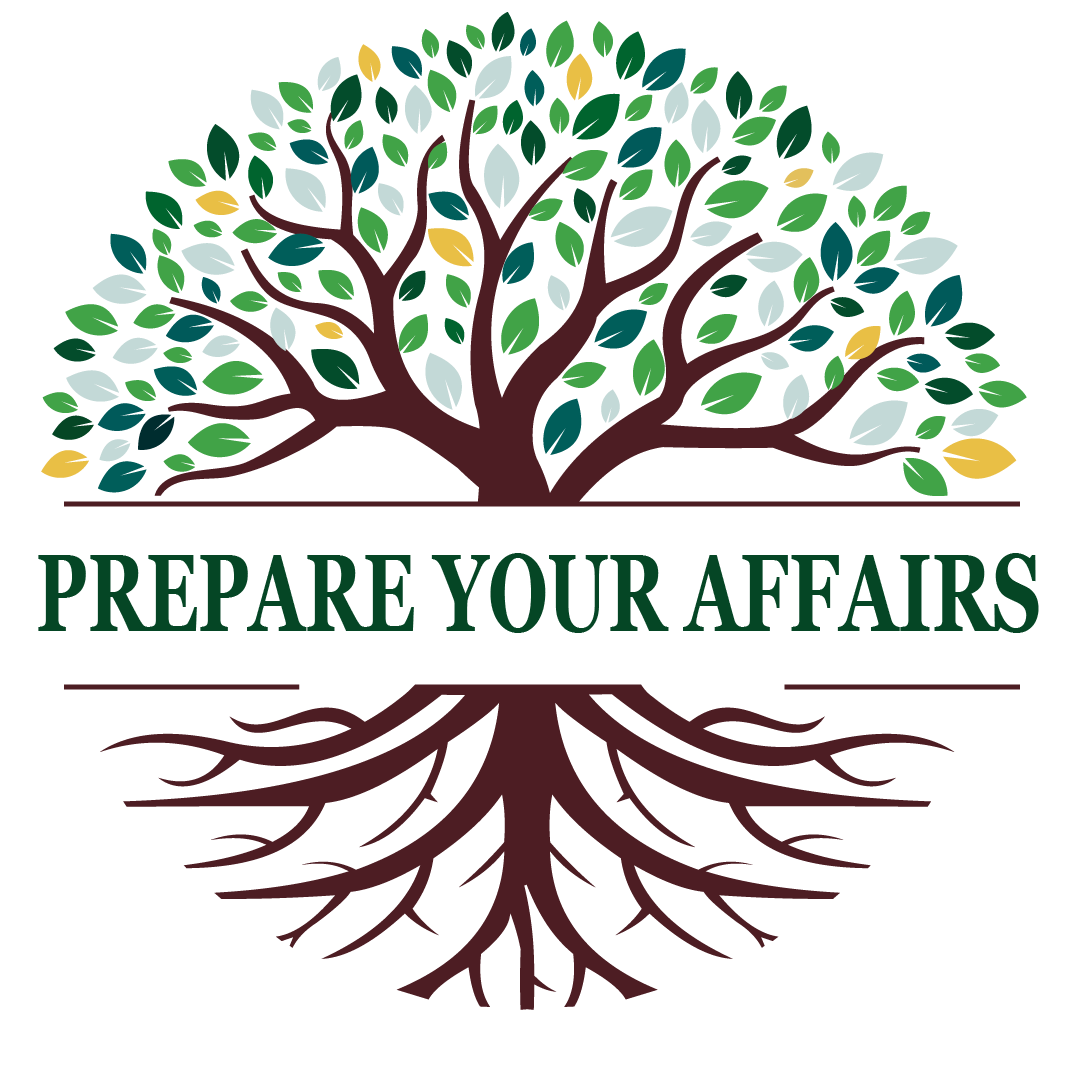“What-if” Planning Blog

What is the Difference Between Palliative Care and Hospice?
What is the difference between palliative care and hospice? These two terms are often misunderstood and used interchangeably. In this week’s blog we describe the difference as they may come up when you complete your advanced directive and living will.

How Do You Explain Death to Children?
Explaining death to children is a difficult, but important, task. In this week’s blog post we’ve included links to articles written by professionals who offer great advice and counsel about how to talk to kids about death and prepare them for loss, as well as how to support children who are grieving now.

The Great Family Council
One of the most important steps in end-of-life planning is to communicate your wishes with the family. Sharing your plans helps ensure that they are conducted according to your desires and helps eliminate family squabbles over post-mortem activities.

The Gift That Keeps on Giving: Life Insurance for Young Couples and Individuals
While you may not find life insurance on many wedding or baby shower registries, gifting a new policy to a young couple or individual is a terrific way to protect their family’s future.

Living Trusts versus Wills
Wills and trusts are two legal documents that are used in end-of-life planning. In some cases, both may be needed to properly get your affairs in order. In other situations, one or the other may suffice and/or be advantageous over the other. While the goals of each are similar, how the goals are accomplished through each of these legal instruments is different.

Comforting the Grieving
Whether intentional or not, hurtful and offensive comments are a part of life. Widows and widowers are especially vulnerable to well-meaning, but painful comments of others.

Including Pets in End-of-Life Planning
While our main goal is to prepare “the survivors” for the death of a family member, sometimes beloved survivors are also pets. These furry, loyal friends deserve to be accounted for in our end-of-life planning.

"I've Got the Power"...of Attorney
It is important to understand the concept of “power of attorney.” Various versions of this legal document are recommended as part of your end-of-life planning.

The Love Letters Kept
One of the things we hear most often about loss is that when a parent/spouse/loved one passed away, survivors immediately look for something written that had their name on it. Whether it was a letter, a journal entry, a calendar, ANYTHING in their loved one’s handwriting that mentioned the survivor by name. I this week’s blog, we discuss one of our HIGHLY RECOMMENDED things to add to your end-of-life planning to do list. Write letters to your people. A journal is for you. A letter is for them.

Childcare for the Suddenly Single Parent
When planning for what-if moments, it’s important to consider childcare from the perspective of both parents suddenly finding themselves single to make sure resources will be available for either parent to succeed.

Preparation for Peace
Preparing emotionally and spiritually for the death of a spouse is a challenge, but doable. Conversation is the key.

Estate and Game Plan
Many people often use the term “estate plan” and “will” or “living trust” interchangeably, but they are, in fact, different concepts.
